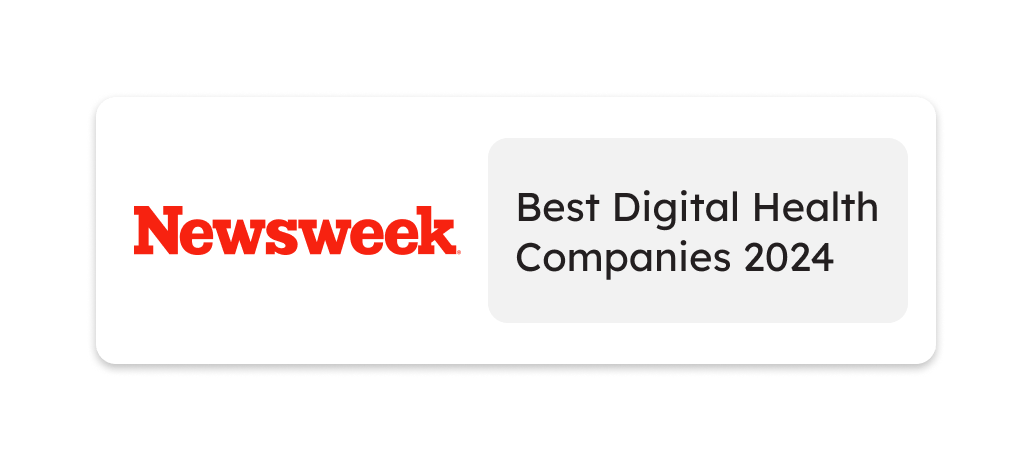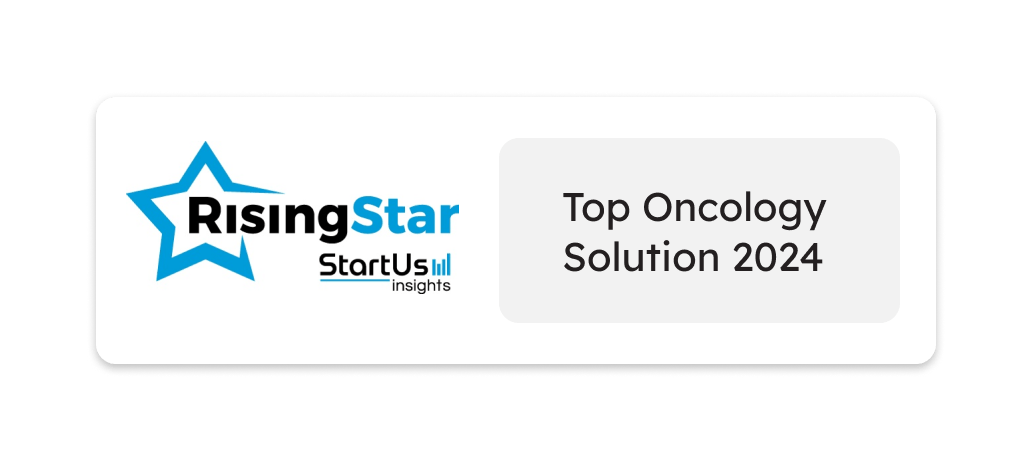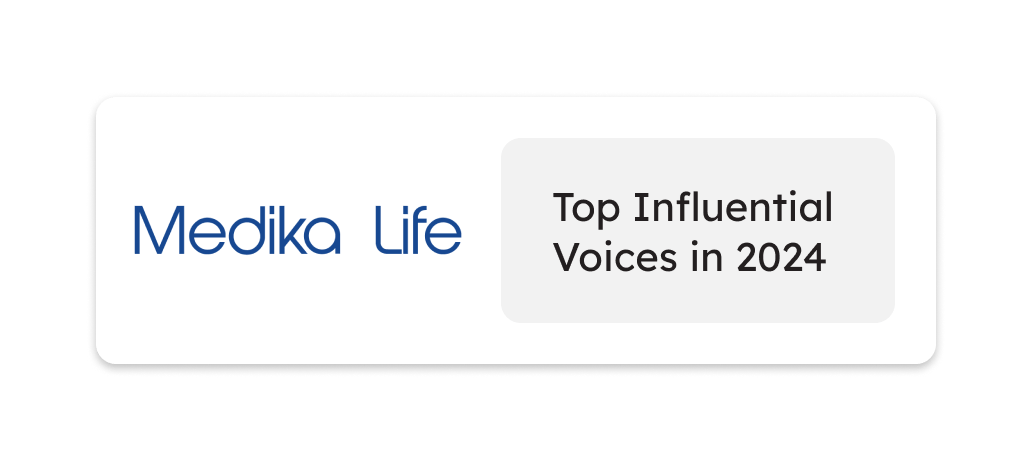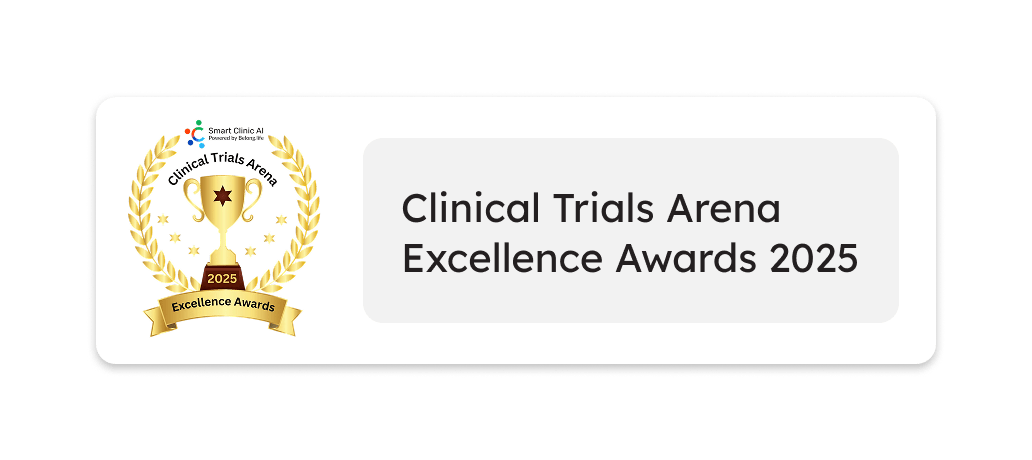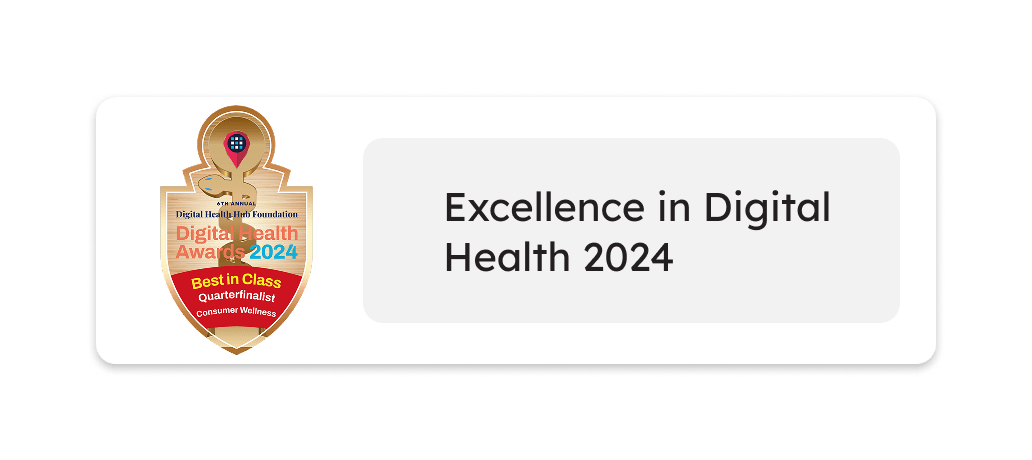April 2021. An interview with Dr. Daniel Vorobiof.
Please introduce yourself.
My name is Daniel Vorobiof, I am the Medical Director of Belong.Life (New York), and a
medical oncologist for the past 40 years. In 1989, I founded the Sandton Oncology Medical
Centre in Johannesburg, South Africa – the rst private oncology multidisciplinary cancer
center in the country. There, I served as the Medical Oncology Director until the end of 2017,
when I retired from active clinical practice.
I am a member of the American Society of Clinical Oncology (ASCO) and the European
Society for Medical Oncology (ESMO). I also currently sit on the editorial board for various
international oncologic medical journals, including The Breast, Cancer and Chemotherapy
Reviews, The ASCO Post the Journal of Global Oncology and the SA Journal of Oncology.
I have been involved in clinical research with a number of international cooperative oncology
groups such as the International Breast Cancer Study Group (IBCSG), the Breast
International Group (BIG), the WHO Melanoma Group, European Organization for Research
and Treatment of Cancer (EORTC), the Swiss Group for Clinical Cancer Research (SAKK) and
other multicentric co-operative clinical trials in South Africa, Europe and North America.
Since retiring from clinical practice, I have remained active in oncology education on several
fronts – I am a member of the European School of Oncology (ESO) Core Faculty in Breast
Cancer and Malignant Melanoma, as well as a Visiting Professor with ESO. In addition, I
serve as the Section Co-Head for Oncology Drugs, Faculty 1000 Medicine (Oncology), a
literature service that helps clinicians and researchers stay informed about key ndings in
medicine.
In 2018 I relocated to Israel and became the Medical Director of Belong.Life, a leading
provider of patient engagement and networking solutions for advocacy groups, research
organizations and pharmaceutical companies. Working at Belong, I have been involved with
Real-World Data Evidence research in the areas of nancial toxicity in patients with a
variety of cancers receiving immunotherapy, as well as those with advanced breast cancer.
These research projects have been presented (as posters and oral presentations) at
international meetings such as ASCO, ESMO, ASCO-SITC, and the ABC.
How has the use of technology for cancer patient management
evolved over the last 5 years?
